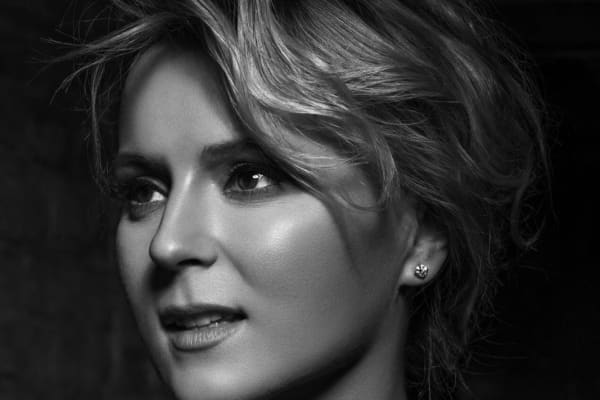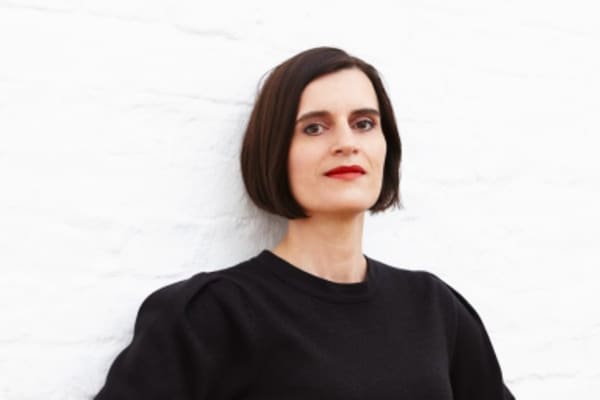While bitcoin is the king of cryptocurrencies, most people still aren't using it day to day, and thousands of other coins remain largely undiscovered, which means crypto still hasn't achieved mass adoption.
The hype surrounding crypto tends to be split between extremes: the good (such as reinventing industries, gaining control of our financial assets) and the bad (such as online security and liquidity). And ever since the massive spike in bitcoin prices around summer 2017, much has been said about the magic that is blockchain, but much has also been written about crypto exchanges getting hacked, millions of dollars going to waste and innocent people getting scammed, all thanks to the privacy and anonymity of the technology.
Will 2019 finally be the year where crypto goes mainstream and all obstacles are in the past? Here's what 11 executives of known blockchain companies have to say.














